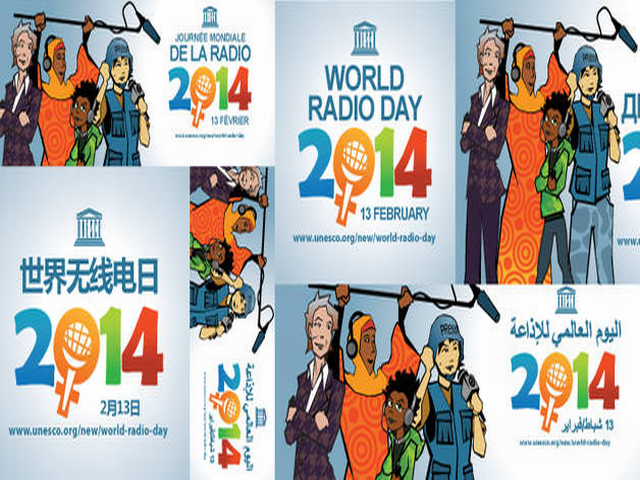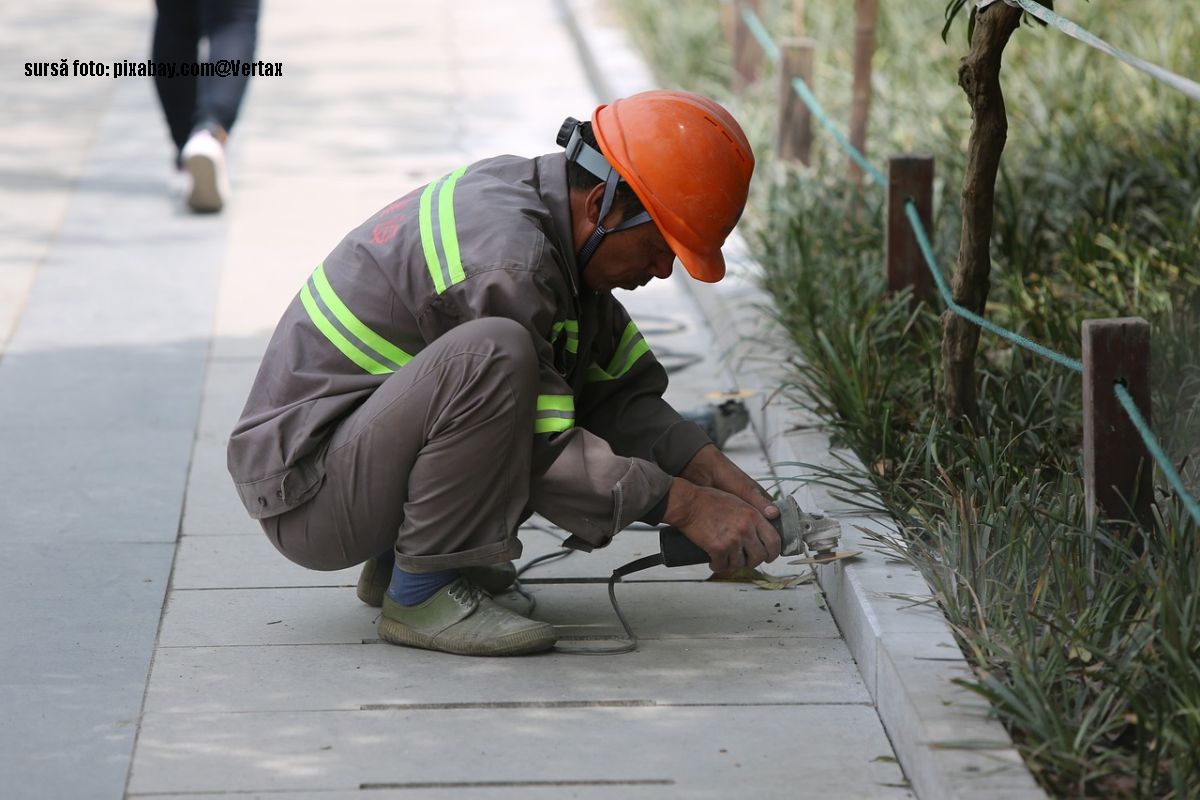World Radio Day
So as an absolute first, World Radio Day was celebrated on February 13, 2012, when United Nations also celebrated 66 years since the set up of its own radio station. And ever since, this particular day has been an opportunity for us to remember the prominent part radio waves have played in our lives.

Christine Leșcu, 12.02.2014, 18:28
So as an absolute first, World Radio Day was celebrated on February 13, 2012, when United Nations also celebrated 66 years since the set up of its own radio station. And ever since, this particular day has been an opportunity for us to remember the prominent part radio waves have played in our lives.
Aside from the access to a wide range of pieces of information, the radio has also acted as a means of entertainment and has brought warmth to people’s souls, as a Radio Romania International listener form Moscow, Viktor Yakovlev, told us: “It is difficult to find someone in whose life Radio does not play an important role. And that is just as difficult as finding a spot on the planet where there is no Radio. I lived in a village with no electricity. Yet I had a Radio receiver on batteries and there, for the first time in my life, I heard music — one of the first pleasant memories of my life. Later in the city, a radio receiver had its place of honor against the wall. I have been listening to the radio on the Internet, lately. But as long as not everybody can get access to the Internet, I can say Radio’s role is far more important that its replacement in the modern world. In my opinion, radio plays an even bigger role in our lives than television.”
The Radio was present in crucial moments in many peoples’ lives, still accompanying those people in their real or imaginary journeys, just as one of Radio Romania international’s listeners from Great Britain, Richard Cooke, told us: “2014 and now I am aged 67. I have been involved with radio for over fifty years as a photographer/writer/journalist and broadcaster. My travels have taken me around the globe during this long involvement, from Australia to Antarctica, from Finland to the Falkland Islands, from the Sahara to South America (…) If not for short-wave radio, I personally would have never heard ‘The American Moon Landing’. When Apollo 11 was the space flight that landed the first human on the Moon, Americans Neil Armstrong and Buzz Aldrin on July 20, 1968, at 20:18 hours UTC. (…) The world still requires radio, in all its amazing forms.”
In the age of digital technology, radio has managed to keep its place. Even if you can no longer listen to the radio on Hertzian waves exclusively, you can listen to the radio on the Internet, getting access to it on your cell phone or other state-of-the art devices. As for the Hertzian waves, they still enjoy the attention of radio aficionados. One of them is Radio Romania International’s listener Gerhard Siegbert. “Listening to radio stations from around the world has been my hobby for 44 years, which makes me a dinosaur of the short waves. It makes me unhappy to see the slow devaluation of the analogical short waves, as a growing number of international radio stations give them up in favour of the Internet. We, the RRI listeners, are glad that RRI continues to broadcast on short waves, which can be received anytime, anywhere.”
Jean-Marie Monplot from France also listens to RRI on short waves: “My radio amateur license enabled me to get in contact, confirmed by QSL, with over 200 regions from around the world. Naturally, we continue to listen to international stations, over 400 short-wave stations broadcasting in French, English, Spanish from over 150 countries. Today, when the short waves are on the verge of extinction, the Internet helps me to stay in touch with my radio friends, and my focus now is on quality, so as to improve my international knowledge.”
For the Italian listener Stefano Citterio, the radio will never be replaced by anything else: “For me, radio has always been and will remain the best means of communication in the world, the one nothing will be able to replace, the one which, even at times of war or other hindrances, meets this primary need of human beings for information, for hearing voices which are not all equal and levelled down, and which stand by people through the best and worst moments of their lives. Radio is alive!” And according to Volodimir Sytnikov, from Ukraine, radio means “…curiosity, pleasure, culture, and a means of communication that defies extreme conditions.”
The first radio broadcast in Romania was aired on November 1st, and that was also the moment when experimental programmes for international listeners were broadcast. The Romanian Radio Broadcasting Corporation’s first proper shows in foreign languages were produced a little later, in the early 1930s, for the information of the diplomats in the Romanian capital city. Meanwhile, the foreign language programmes have diversified, especially after World War 2, and today Radio Romania International broadcasts programmes in 10 foreign languages, in Romanian and the Aromanian dialect, on short waves and over the internet. It is on short waves that Shan Jinhai listens to RRI, too. He was so kind as to congratulate us on World Radio Day: “Radio brings me a lot of joy, in our family the radio is a source of harmony, a treat, whether we talk about medium or short wave broadcasts. We are even happier to receive letters, to hear familiar voices that truly touch us, so on behalf of my entire family, I’d like you to receive our best wishes and warmest thoughts, from far away.”
Roberto Carlos Alvarez-Galloso from Miami, USA, is another long-time radio listener. He wrote: “I’d like to congratulate you on World Radio Day. In an internet-dominated society, radio still plays an important part, because radio alone keeps the world connected in case of natural disasters or dictatorship. I have been a constant listener of RRI since 1970, and it is a pleasure and an honour for me to welcome you in my home and anywhere I may be.”
This year on World Radio Day, UNESCO has chosen to also promote gender equality, the role of women in the mass-media and anti-discrimination policies.






























